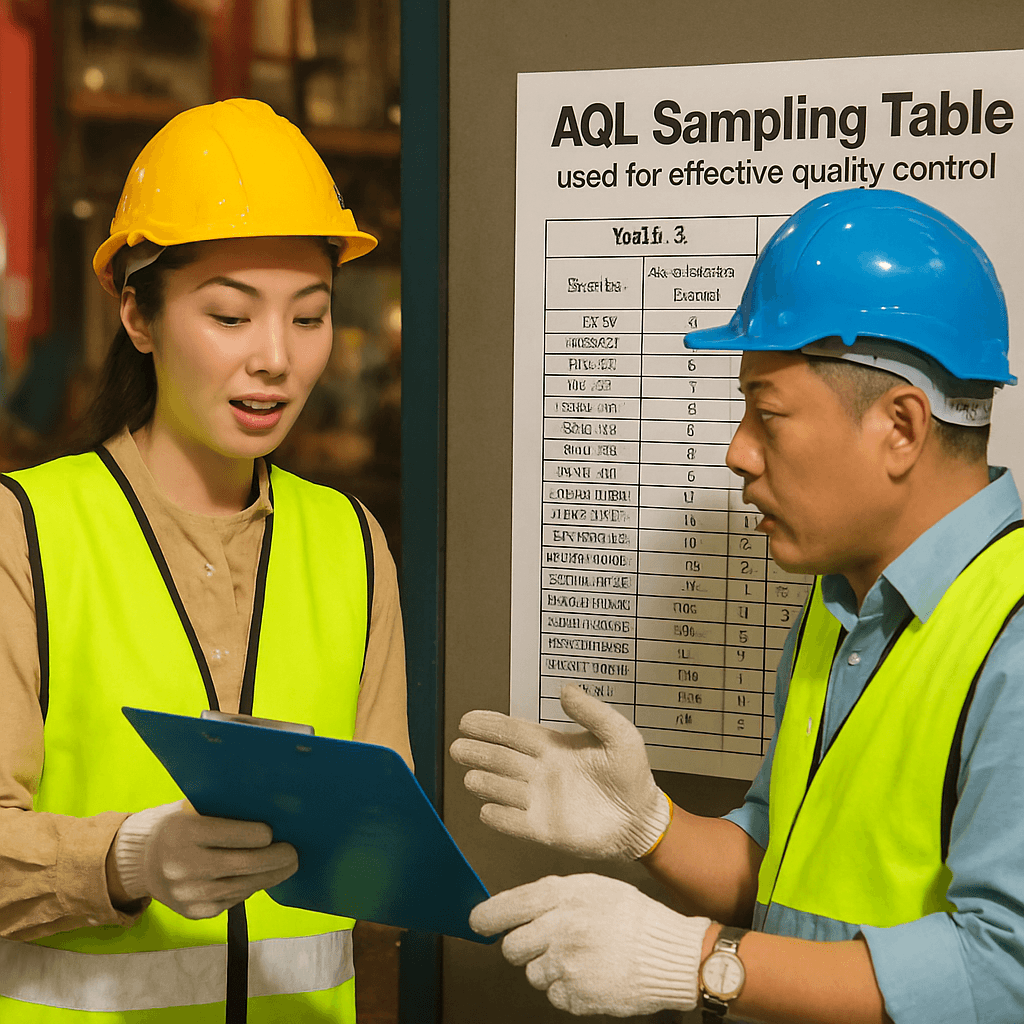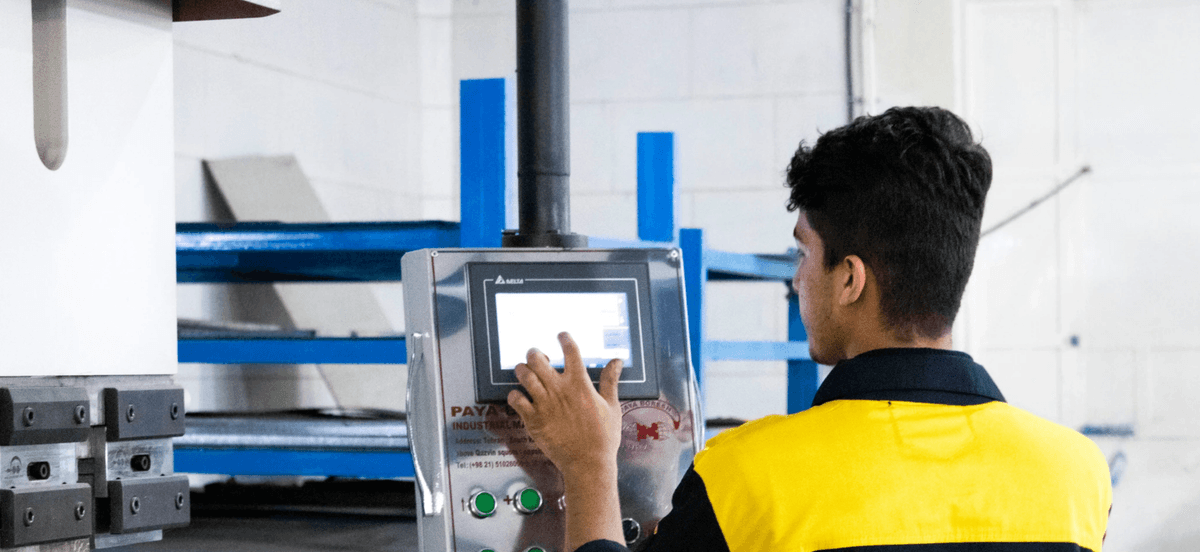Introduction
In the bustling world of construction, quality control in construction is not just an afterthought; it is a fundamental pillar that upholds the integrity of every project. The stakes are high, and the consequences of overlooking quality can lead to costly delays, safety hazards, and dissatisfied clients. Thus, establishing a robust construction quality control plan is essential for ensuring that projects meet their intended standards and specifications.
Importance of Quality Control in Construction
Quality control in construction projects serves as a safeguard against defects and inefficiencies that can arise during the building process. It encompasses systematic processes designed to monitor and improve the quality of materials, workmanship, and overall project execution. For construction project managers, understanding these principles is vital since they bear significant responsibilities in enforcing quality assurance measures throughout each phase of development.
Challenges in Construction Quality Management
Despite its importance, managing quality control in construction projects comes with its own set of challenges. From fluctuating material costs to untrained personnel on-site, these obstacles can hinder effective implementation of a construction quality management strategy. Moreover, miscommunication among team members can lead to misunderstandings about project specifications or standards that must be adhered to.
Benefits of Effective Quality Assurance
Implementing effective quality assurance in project management not only minimizes risks but also enhances overall efficiency and client satisfaction. A well-executed construction quality control plan fosters trust between stakeholders while ensuring compliance with industry regulations and safety standards. Ultimately, prioritizing construction quality assurance leads to long-term benefits such as reduced rework costs and improved reputation within the industry.
Establishing a Construction Quality Control Plan

In the world of construction, a well-structured quality control plan is the backbone of successful project execution. This plan lays out the framework for maintaining high standards throughout the construction process, ensuring that every detail meets specified requirements. Without an effective construction quality control plan, projects can suffer from delays, cost overruns, and compromised safety.
Components of a Successful Quality Control Plan
A successful quality control plan in construction should encompass several key components to be truly effective. First, it must define clear quality objectives that align with project goals and stakeholder expectations. Additionally, it should outline specific procedures for monitoring and measuring quality throughout all phases of the construction project, from design to completion.
Another essential component is establishing roles and responsibilities for every team member involved in the quality assurance process. This clarity helps ensure accountability and promotes a culture of excellence in construction quality management. Finally, incorporating feedback mechanisms allows for continuous improvement based on lessons learned during previous projects.
Role of a Construction Project Manager
The role of a construction project manager is pivotal when it comes to implementing an effective construction quality control plan. One of their primary responsibilities includes overseeing compliance with established quality standards and ensuring that all team members understand their roles within this framework. By actively engaging with teams and fostering communication, they can identify potential issues before they escalate into costly problems.
Moreover, the project manager must regularly review inspection reports and data related to construction quality assurance to make informed decisions quickly. They are responsible for coordinating training sessions that enhance staff skills in areas critical to maintaining high-quality standards in construction projects. Ultimately, their leadership ensures that everyone remains focused on delivering exceptional results while adhering to budgetary constraints.
Integrating Quality Control in Construction Projects
Integrating quality control into every facet of a construction project is essential for achieving optimal results and minimizing risks associated with poor workmanship or materials. This integration starts at the planning phase where stakeholders collaboratively define what quality means within the context of their specific project goals. By embedding these definitions into contracts and specifications upfront, everyone involved has clear expectations from day one.
During execution, regular monitoring through inspections becomes vital; this can be achieved by utilizing both internal resources and third-party services like China Inspection Pro when necessary—ensuring unbiased assessments are conducted throughout various stages of development. Furthermore, leveraging technology such as software solutions can streamline documentation processes while providing real-time data related to performance metrics—allowing teams to adjust strategies promptly based on insights gathered during implementation.
Implementing On-Site Inspections

In the realm of construction quality management, on-site inspections are not just a box to check—they're a vital lifeline for ensuring that quality control in construction is upheld throughout the project lifecycle. Regular inspections provide project managers with real-time insights into the work being performed, allowing them to catch issues before they snowball into costly problems. They also create a culture of accountability among workers, reinforcing the importance of construction quality assurance in every task.
Regular Inspections and Their Importance
Regular inspections serve as a cornerstone for effective quality control in construction projects. By implementing a systematic schedule for these evaluations, construction project managers can identify deviations from the established construction quality control plan early on. This proactive approach minimizes risk and ensures that all aspects of the project adhere to regulatory standards and client expectations—ultimately leading to higher satisfaction rates.
Additionally, frequent inspections foster an environment where workers are more likely to adhere to best practices, knowing that their work will be scrutinized regularly. The visibility gained from these checks not only helps in maintaining compliance but also enhances overall safety on site—a critical element in achieving successful outcomes in any construction endeavor. In essence, regular inspections are indispensable for reinforcing the principles of quality assurance in project management.
Best Practices for Conducting Inspections
To maximize effectiveness, there are several best practices that should be adopted when conducting on-site inspections within the framework of a construction quality control plan. First and foremost, inspectors should be well-versed in relevant codes and standards; this knowledge empowers them to assess compliance accurately and provide valuable feedback swiftly. Furthermore, maintaining clear documentation during each inspection is crucial—this serves as both a record and a reference point for future evaluations.
Another key practice involves involving team members during inspections; this not only promotes transparency but also encourages staff engagement with quality assurance processes. By discussing findings openly with workers, you cultivate an atmosphere where everyone feels responsible for upholding standards rather than viewing inspections as punitive measures. Lastly, leveraging technology can enhance inspection efficiency; mobile apps designed for field use can streamline reporting and data collection—making it easier than ever to maintain high-quality benchmarks.
Leveraging Third-Party Services like China Inspection Pro
Sometimes it pays off to bring in reinforcements when it comes to ensuring quality control in construction projects—this is where third-party services like China Inspection Pro come into play. These specialized firms offer an objective perspective that can help identify potential issues that internal teams may overlook due to familiarity or bias toward their own work processes. Moreover, they bring expertise across various domains such as materials testing or structural assessments that may not be available within your existing workforce.
Utilizing third-party services enhances credibility by providing independent verification of compliance with industry standards—a crucial factor when dealing with stakeholders who demand transparency and thoroughness throughout all phases of development. Additionally, outsourcing certain inspection tasks allows your internal team—especially those tasked with critical roles like the construction project manager—to focus on more strategic aspects of project execution without getting bogged down by minutiae.
In conclusion, incorporating regular on-site inspections is an essential strategy within any comprehensive approach to construction quality management; it ensures adherence to established protocols while fostering accountability among staff members through best practices tailored specifically for success.
Training and Empowering Staff
In the realm of quality control in construction, training staff is not just a box to check; it’s a vital investment. Without proper training, even the most robust construction quality control plan can falter under pressure. A well-trained workforce is essential for maintaining high standards in construction quality management and ensuring that every project meets its specifications.
Importance of Training in Quality Assurance
Training plays a pivotal role in enhancing construction quality assurance by equipping employees with the necessary skills and knowledge to perform their tasks effectively. When staff members understand the principles of quality control in construction, they can identify potential issues before they escalate into costly problems. Moreover, ongoing training fosters a sense of accountability among team members, as they become more aware of how their contributions impact overall project outcomes.
Construction Quality Control Training Techniques
Implementing effective training techniques is crucial for any construction project manager looking to enhance quality control in construction projects. Workshops, hands-on sessions, and simulation exercises can provide practical experience while reinforcing theoretical knowledge about construction quality management practices. Additionally, incorporating digital platforms for online training modules allows for flexible learning opportunities that can be tailored to individual needs.
Building a Quality-Driven Culture
Establishing a culture centered on quality assurance in project management requires commitment from all levels of an organization—from top executives down to field workers. Encouraging open communication about quality issues and celebrating successes related to effective implementation of the construction quality control plan helps reinforce this culture. When employees feel empowered to take ownership of their roles within the framework of quality management, it leads to improved morale and ultimately better project outcomes.
Utilizing Technology for Quality Management

In today’s fast-paced construction environment, leveraging technology is no longer optional; it’s essential for effective quality control in construction. With the right tools and software solutions, construction project managers can streamline processes, enhance communication, and ensure that quality assurance in project management is maintained at every step. This section explores how technology can transform construction quality management and elevate standards across projects.
Tools for Enhancing Quality Control in Construction
Various tools have emerged to enhance quality control in construction projects, making it easier to monitor compliance with established standards. From mobile apps for on-site inspections to cloud-based platforms that facilitate real-time collaboration among team members, these technologies empower construction project managers to stay ahead of potential issues. Furthermore, utilizing drones for site surveys or 3D modeling software to visualize designs can significantly improve the accuracy and reliability of assessments throughout the project lifecycle.
Integrating these tools into a comprehensive construction quality control plan not only helps identify defects early but also fosters a proactive approach to problem-solving. With features like automated reporting and analytics dashboards, project managers can track progress against quality benchmarks efficiently. Ultimately, embracing such innovative solutions leads to better decision-making and enhances overall project outcomes.
Benefits of Software Solutions in Project Management
Software solutions have revolutionized the way teams manage construction quality assurance by providing centralized access to vital information. These platforms enable seamless communication between stakeholders, ensuring everyone is on the same page regarding expectations and requirements for each phase of a project. By automating routine tasks such as documentation and scheduling inspections, software reduces the risk of human error while saving valuable time.
Moreover, many software solutions include features specifically designed for tracking compliance with safety regulations and industry standards—essential components of any effective construction quality management strategy. Enhanced visibility into project performance allows managers to make informed adjustments quickly when deviations from the plan occur, ensuring that quality remains a top priority throughout the project's duration. In short, investing in robust software not only streamlines operations but also strengthens accountability across all levels.
Real-Time Data and Its Impact on Quality Assurance
Real-time data has become a game changer in maintaining high standards of quality assurance in construction projects. By capturing data instantly from various sources—such as sensors on machinery or feedback from workers—construction project managers can make swift decisions based on current conditions rather than relying solely on historical data or assumptions. This immediacy enhances responsiveness to potential issues that may impact overall quality control efforts.
Furthermore, analyzing real-time data allows teams to identify trends related to performance metrics over time; this insight helps refine processes continuously while promoting a culture focused on improvement within the organization. With access to accurate information at their fingertips, team members are empowered not only to uphold but also elevate standards of excellence throughout each stage of the building process. Ultimately, harnessing real-time data is indispensable for achieving superior results in construction quality management.
Conclusion

In summary, quality control in construction is not merely a checkbox on a project management list; it’s a vital commitment that shapes the success and longevity of construction projects. From establishing a robust construction quality control plan to implementing regular on-site inspections, each technique plays an integral role in ensuring that standards are met and exceeded. The efforts put into training staff and leveraging technology ultimately create a culture of excellence that resonates throughout the entire organization.
Recap of Essential Quality Control Techniques
The cornerstone of effective quality control in construction lies in the development of a comprehensive construction quality control plan. This plan should outline specific procedures for monitoring work, conducting inspections, and documenting findings to ensure accountability at every stage of the project. Moreover, the responsibilities of the construction project manager are paramount; they must facilitate communication among teams while ensuring adherence to established quality assurance protocols.
Regular on-site inspections are another essential technique that cannot be overlooked when discussing quality assurance in project management. These inspections serve as checkpoints that allow teams to identify potential issues before they escalate into costly problems. Best practices for conducting these inspections include thorough documentation and engaging third-party services like China Inspection Pro for an unbiased assessment.
The Future of Quality Assurance in Construction
Looking ahead, the future of quality assurance in construction will likely be shaped by advancements in technology and evolving industry standards. As more companies adopt digital tools for real-time data tracking, we can expect improvements in overall efficiency and accuracy within quality control processes. Furthermore, integrating artificial intelligence into inspection routines may revolutionize how we approach construction quality management by providing predictive analytics to preemptively address potential failures.
Additionally, there will be an increasing emphasis on sustainability within quality assurance frameworks as environmental considerations become more pressing across industries. Construction projects will need to balance traditional metrics with eco-friendly practices while maintaining their commitment to high-quality outputs. This evolution will push organizations toward innovative solutions that not only meet regulatory requirements but also contribute positively to community well-being.
Steps to Enhance Quality Management Today
To enhance quality management today, organizations should start by revisiting their existing construction quality control plans and identifying areas for improvement or adaptation based on current best practices. Engaging all team members through targeted training programs ensures everyone understands their role in maintaining high standards throughout each phase of the project lifecycle—this is crucial for fostering a culture dedicated to continuous improvement.
Investing in technology is another critical step; utilizing software solutions can streamline communication and provide real-time insights into ongoing projects' performance metrics related to quality assurance in project management initiatives. Finally, establishing partnerships with reputable third-party inspection services can offer additional layers of scrutiny and expertise necessary for achieving optimal results without compromising timelines or budgets.
